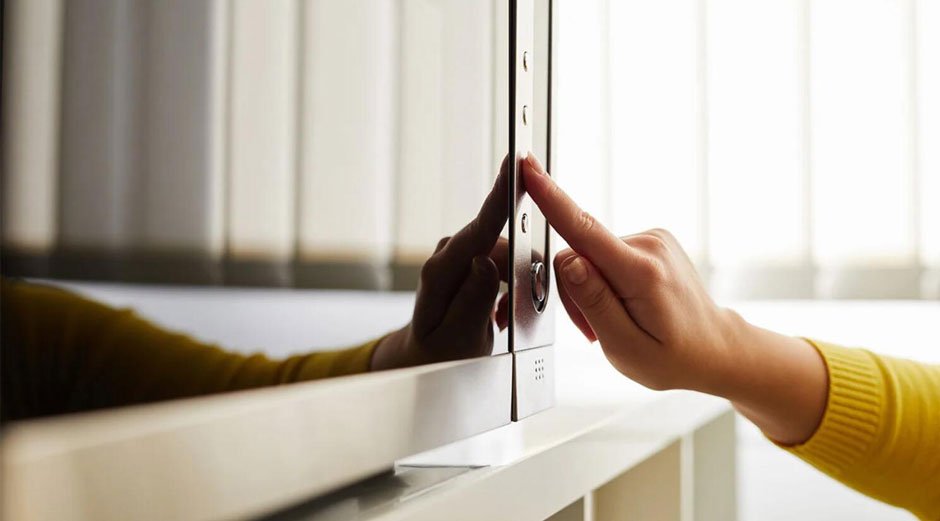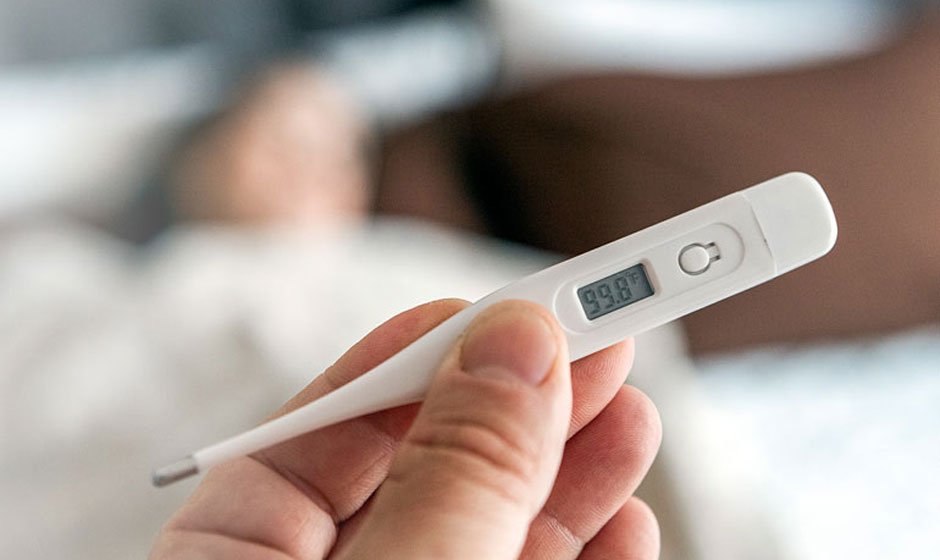Introduction
What Causes Bedwetting? A Comprehensive Guide
Bedwetting, also known as nocturnal enuresis, refers to the loss of bladder control during the night. While it is a common issue, especially among children, it can also affect adults and be a symptom of underlying medical conditions. In this guide, we will explore the causes of bedwetting, risk factors associated with it, lifestyle changes that can help manage the condition, and available treatment options.
Causes of Bedwetting
Bedwetting can have various physical and psychological causes. Some common factors contributing to bedwetting in both children and adults include:
- Small bladder size
- Urinary tract infection (UTI)
- Stress, fear, or insecurity
- Neurological disorders, such as post-stroke conditions
- Prostate gland enlargement
- Sleep apnea, characterized by abnormal pauses in breathing during sleep
- Constipation
Hormonal imbalances can also play a role in bedwetting. The production of antidiuretic hormone (ADH) helps regulate urine production overnight. Insufficient levels of ADH can result in a higher volume of urine, making it difficult for the bladder to hold it during sleep. Additionally, conditions like diabetes, which affect glucose processing and urine production, can contribute to bedwetting.
Risk Factors for Bedwetting
Certain factors increase the likelihood of experiencing bedwetting:
- Gender: Both boys and girls may experience bedwetting during early childhood, but boys are more likely to continue bedwetting as they get older.
- Genetics: Family history can play a role, with a higher likelihood of bedwetting if parents or siblings experienced it in their childhood.
- Attention deficit hyperactivity disorder (ADHD): Bedwetting is more common among children diagnosed with ADHD, although the exact relationship between the two is not fully understood.
Lifestyle Changes to Manage Bedwetting
In many cases, adopting certain lifestyle changes can help manage bedwetting:
- Fluid intake: Adults can limit fluid intake a few hours before bedtime to reduce the risk of bedwetting. However, for children, limiting fluids before bedtime may not be effective.
- Caffeine and alcohol: Avoiding caffeinated and alcoholic drinks in the evening can help reduce urine production.
- Emptying the bladder before bed: Using the bathroom right before sleep can ensure the bladder is relatively empty.
Managing Bedwetting in Children
For children, bedwetting can sometimes be triggered by stressful events. Open communication and understanding with the child can alleviate their anxiety and potentially resolve bedwetting. It is essential to avoid punishing children for bedwetting incidents and instead provide reassurance that it will eventually stop.
In cases where bedwetting persists despite previous dry periods, it is advisable to consult a doctor. They can evaluate any underlying medical issues or symptoms accompanying bedwetting.
Medical Treatment for Bedwetting
If bedwetting is caused by an underlying medical condition, lifestyle adjustments may not be sufficient, and medical treatment may be necessary. Treatment options can include:
- Antibiotics for urinary tract infections.
- Anticholinergic drugs to calm an irritated bladder.
- Desmopressin acetate to increase levels of ADH and reduce nighttime urine production.
- Medications to reduce prostate gland swelling, such as those that block dihydrotestosterone (DHT).
It is also crucial to manage any chronic conditions, such as diabetes or sleep apnea, as they can contribute to bedwetting.
Conclusion
While bedwetting is a common occurrence, especially among children, it can also affect adults and be indicative of underlying medical conditions. Most children outgrow bedwetting by the age of 6, and lifestyle modifications can often help manage the condition. However, it is essential to consult a doctor to rule out any potential medical causes and explore appropriate treatment options. With the right support and intervention, bedwetting can be overcome, leading to improved quality of life.


